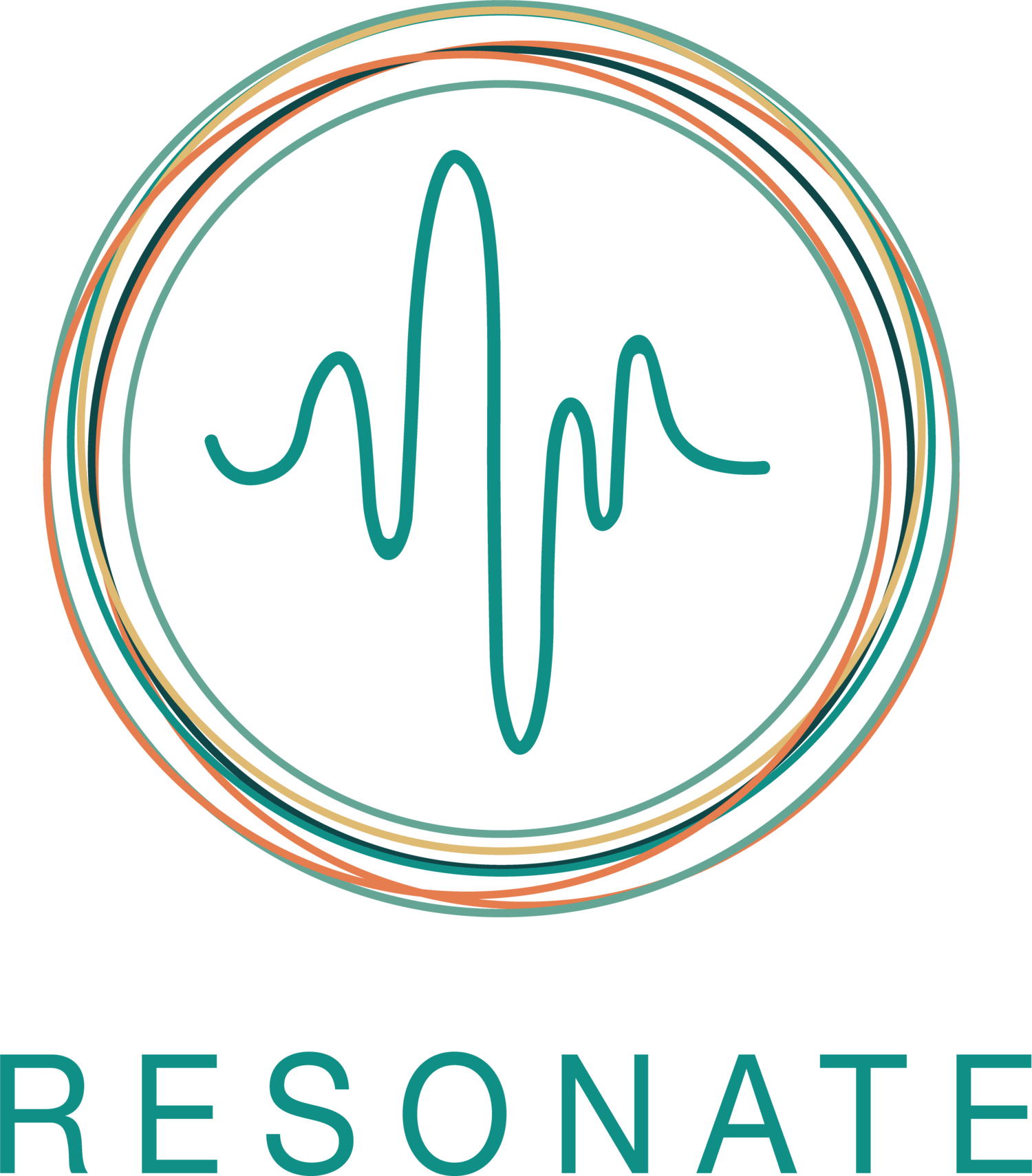Adaptive Music Lessons: How To Support All Learners
Adaptive music lessons embrace the neurodivergent ways that students learn and experience the world, and they are flexible to meet the needs of students with disabilities.
Rather than trying to fit students into a one-size-fits-all approach (e.g. “this is the curriculum I use and I don’t deviate from it”), adaptive lessons are customized to each student's unique neurocognitive profile and areas of strength. Learning to play an instrument or sing is a challenging process for anyone starting! It requires not only practicing several new skills but then using those skills all at the same time. For students who need additional supports, this process is even more difficult and frustrating. It’s not just about being flexible, it’s also about the teacher having the expertise to know what supports the student needs.
Because of this potential extra challenge, key aspects of adaptive lessons include:
Honoring students' needs through individualized instruction, and utilizing teaching strategies that align with students' strengths like visual supports, multisensory approaches, or special interests. This may look like:
Sensory breaks focused on that student’s sensory profile: wall push-ups for those benefitting from heavy work, sensory sock breaks for those who need proprioceptive input, or fidgets readily available for those who need to keep moving to best learn.
Multisensory approaches to learning music: printing music in a larger font and color coding for those with visual impairments, or teaching how different pitches vibrate/feel in the body for those who have trouble hearing or discriminating sounds
Relating music to special interests for neurodivergent/autistic students: many special interests, such as video games or TV shows, already utilize music. Beyond that, there are several ways to bring students’ interests into the lesson room, like making songs about their interests or comparing musical concepts to terms they’re familiar with. Celebrating a student’s special interests in adaptive lessons can help them feel respected, understood, and motivated to engage with new ideas!
Providing a flexible, low-demand environment with built-in breaks and motivating activities. This may look like:
Bringing student-preferred music into the practice room: using student-preferred music can provide vital motivation for pushing through the more challenging parts of the learning process. If students are engaged and passionate about what they're learning, they're much more likely to persevere!
Teaching musical concepts through student-preferred activities: there are many ways to teach musical concepts! Movement is a great way to explore ideas such as tempo, beat, and melodic contour. A student’s love of drawing can lead to a lesson focused on coloring to discriminate different notes or drawing to show how legato and staccato sound.
Carving out time for movement, fidget, or preferred-activity breaks: learning a new instrument requires a lot of focus and energy. Allowing space for students to take a moment to decompress and engage in sensory regulation will help them stay engaged throughout the lesson, ultimately leading to increased success with learning the instrument.
Modifying instruments or techniques as needed to enable independent music-making. This may look like:
Using mallets and drumsticks with larger or differently-shaped handles so they’re easier to grip.
Using more adaptive versions of traditional instruments, such as a non-weighted key keyboard for those who may have challenges pushing the keys of a traditionally weighted key piano all the way.
Finding adaptive fingers for those that have fine motor impacts- for example utilizing alternate fingerings on violin for a student with cerebral palsy who cannot utilize 4th fingers.
The goal is to make musical learning accessible and enriching for neurodivergent students and those with disabilities. Adaptive lessons create an affirming space where students can develop musical skills while being fully accepted for their authentic neurodivergent selves and having any disability-related needs accommodated. A supportive, strengths-based environment where students are seen as capable is foundational to any effective adaptive music lesson.
Adaptive Music Lessons at Resonate Music Therapy
Did you know we provide adaptive music lessons for all ages here in Colorado Springs? It’s never too early or too late to build new skills and a love for music! We can always assess to see if a child is ready to learn an instrument in a formalized way, or if music enrichment would be a good stepping stone to formalized lessons. We recommend starting music lessons at age 5 or later, but there are occasionally students who are ready earlier.
Empowering adult students on the journey of learning an instrument is something we’re enthusiastic about at Resonate. There’s no cut off age for music lessons!
We thoroughly enjoy working with all kinds of people, including autistic and neurodivergent individuals, those with physical or intellectual disabilities, and all others who may benefit from a specialized approach to music lessons. We teach guitar, piano, ukulele, voice, violin, and drum lessons. Reach out to us today to get lessons set up for you or your loved one!
